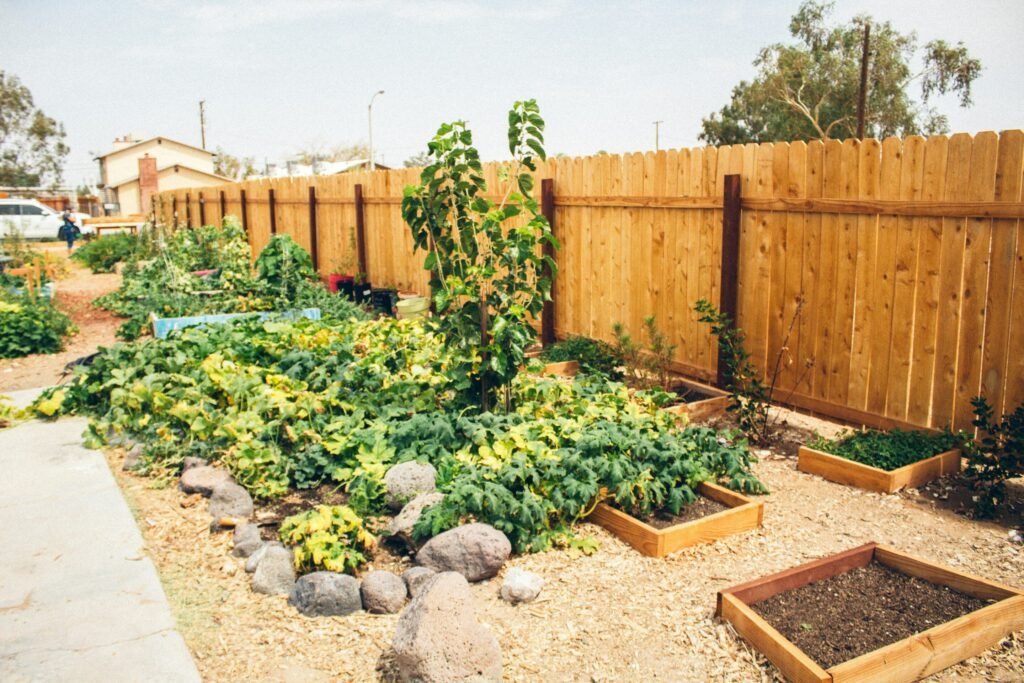Gardening has long been known to have numerous health benefits, but a recent study from the University of Alberta has shed light on how teaching children to develop a green thumb could potentially prevent cancer and improve overall health outcomes. Christina Gillies, a public health researcher at the university, led the study which focused on the impact of gardening initiatives on children and youth.
The research, published in the journal Public Health, reviewed 48 studies from high-income countries and found that gardening initiatives not only improved nutrition-related knowledge and eating behaviors but also increased physical activity, decreased sedentary behavior, and enhanced psychosocial factors like social connection and sense of belonging. While the effects on body weight were inconclusive, the overall findings pointed towards the positive impact of gardening on cancer prevention and overall health.
Gillies was inspired to delve into this topic after collaborating on a school-based gardening project with an Alberta First Nation community. This project aimed to promote intergenerational and land-based learning, support cultural revitalization, and encourage healthy behaviors among students, staff, and the broader community. The success of this initiative, coupled with the growing interest in community gardening across Alberta, prompted Gillies to further explore the potential benefits of gardening for health promotion.
However, Gillies acknowledges the challenges involved in initiating and maintaining gardens in school and community settings, citing barriers such as a lack of resources and sustained support. She emphasizes the importance of having dedicated champions to drive these initiatives forward and transition them from one-off projects to sustained public health interventions.
In addition to the primary findings of the study, a secondary equity-focused analysis highlighted the importance of engaging parents, peers, family members, and community partnerships in gardening initiatives. This analysis underscored the significance of considering equity-related factors such as gender, socioeconomic status, race, ethnicity, and culture in designing effective gardening programs for children and youth.
Looking ahead, Gillies plans to conduct further long-term studies to explore how gardening initiatives can support and sustain positive lifestyle changes into adulthood and improve health outcomes. In the meantime, she has personally experienced the benefits of community gardening by volunteering at the Laurier Heights Food Forest with her family, reaping the rewards of physical activity, community connection, and trying new foods.
Ultimately, Gillies encourages others to explore the world of gardening and its potential health benefits. By fostering connections to the land, promoting physical activity, and encouraging healthy behaviors, gardening can be a rewarding and impactful way to improve overall well-being. So, whether you’re weeding in a community garden or harvesting berries with your family, the benefits of gardening are plentiful and worth exploring.


